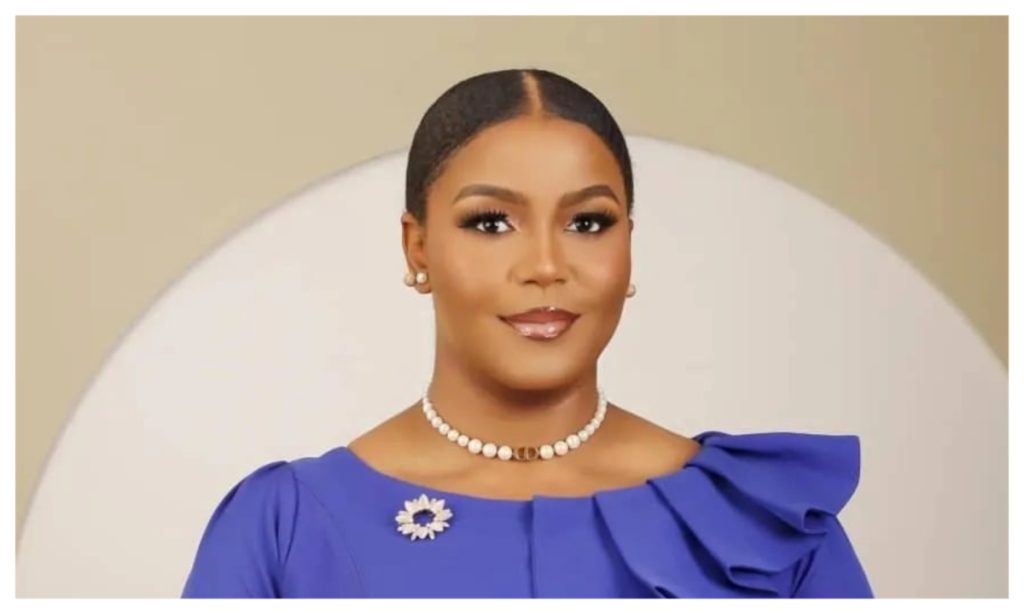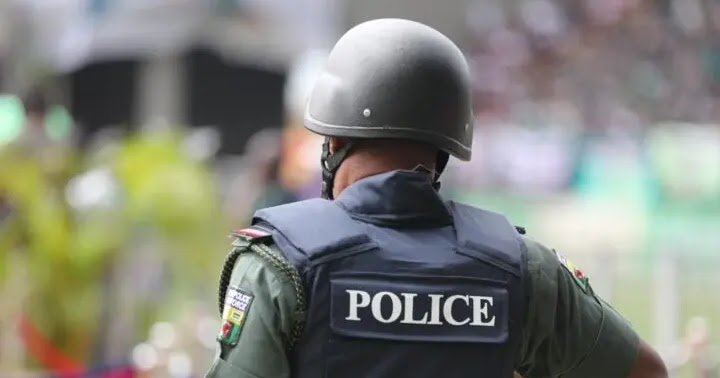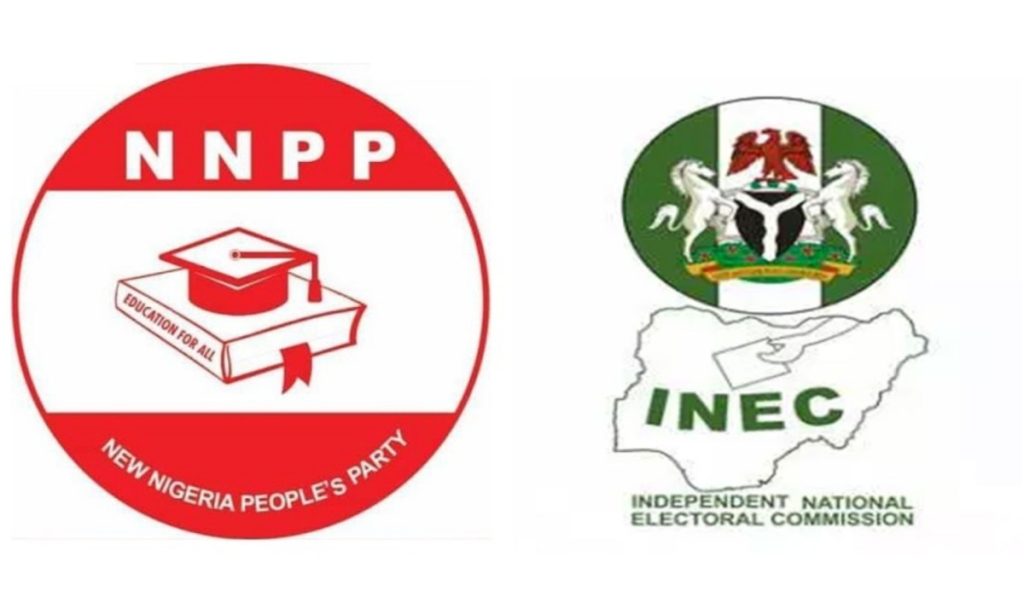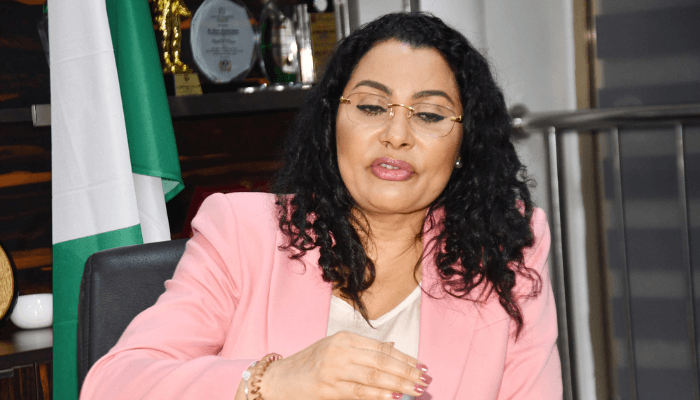A Nigerian clergyman has stirred political conversations with a claim that former Kano State Governor Rabiu Kwankwaso is divinely destined to succeed President Bola Tinubu after his tenure ends in 2031. Francis Udo, a cleric based in Akwa Ibom State, asserted during a public address that a divine vision revealed Kwankwaso as Nigeria’s next leader, with Senate President Godswill Akpabio as his deputy. The prediction hinges on a contentious political reshuffle, including Kwankwaso’s speculated defection to the ruling All Progressives Congress (APC).
Udo’s declaration, delivered to congregants and later circulated online, centers on a claimed divine mandate for power to shift back to Nigeria’s northern region after Tinubu, a southern Yoruba leader, completes his term. “God showed me Senator Kwankwaso is positioned to take over,” he stated, adding that the former Kano governor would align with Tinubu’s party, serve as vice president, and later secure the APC’s presidential ticket. The cleric also named Akpabio, a prominent political figure from the South-South region, as Kwankwaso’s prospective running mate.
The remarks tap into long-standing debates about Nigeria’s regional power-sharing dynamics, particularly the unwritten “zoning” tradition that alternates presidential leadership between the north and south. Kwankwaso, a longtime northern powerbroker and 2023 presidential candidate for the opposition New Nigeria Peoples Party (NNPP), has not publicly addressed the claims. Similarly, Akpabio and the APC have yet to comment on Udo’s assertions, which lack corroboration from political insiders or polling data.
While faith leaders in Nigeria occasionally weigh in on politics, such prophecies rarely translate into electoral outcomes. Analysts note that Kwankwaso’s potential shift to the APC—a move unconfirmed by the party—would require navigating internal rivalries, given existing tensions between northern and southern factions. The NNPP, meanwhile, has sought to solidify its base in Kano and northern states, complicating assumptions about Kwankwaso’s next steps.
Udo’s vision also raises questions about Akpabio’s role, as the Senate President has been a key Tinubu ally. Pairing a northern presidential candidate with a southern deputy would reverse the current arrangement, potentially testing regional loyalties. Observers caution that Nigeria’s political landscape remains volatile, with alliances often shifting ahead of elections.
As speculation grows, the claims highlight the intersection of religion and governance in Africa’s most populous nation, where spiritual prophecies occasionally influence public discourse. However, without tangible evidence or official endorsements, Udo’s predictions remain speculative, underscoring the fluidity of Nigeria’s pre-election narratives.



